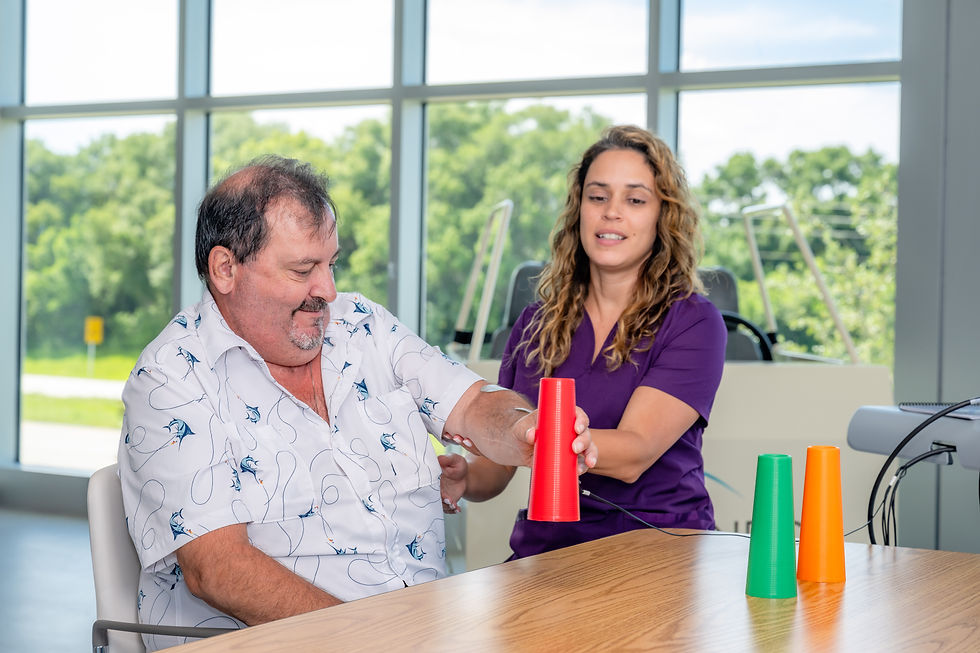Accessing Medical Care: Overcoming the Challenge for Senior Citizens
- Nobis Rehab
- Jun 1, 2020
- 2 min read
Updated: Jun 2, 2020
Emergency or not, access to care is a hot topic for anyone in need of medical attention. Unfortunately, this fact rings especially true for some of our most vulnerable, our senior citizens.
When access to care is delayed, poor outcomes (medical, mental, and emotional) are often the result.
For example, delays in accessing and receiving appropriate care in a timely manner may mean continued or permanent loss of motor or cognitive function, or unnecessary stress and anxiety due to excessive, and/or wasteful tests and treatments.
Case in point
After falling and breaking her hip, my 74 y/o aunt, who lived by herself, could no longer care for herself medically or physically. And that changed everything.
Not unlike hundreds of thousands of other “sandwich generation” adults caring for their elderly parents, her immediate family encountered many challenges in finding the right type of post-acute care environment for her following her surgery.
The options for ongoing care were many, making the decision process difficult.
The options for my Aunt included home health, assisted living, nursing home, skilled nursing and even more extensive therapies such as an inpatient rehab facility given her particular medical situation.
Yet the decision process was exhaustive and overwhelming.
Why? Because the complexities of the various options were difficult to contrast and compare. What does each of those mean? And how much will each of them cost? And will they be paid for in part, or in whole by Medicare? What will her care be like?
Ask questions, and then ask some more.
After all, as we all tend to learn, the difficulty is in navigating and understanding the details. And when critical decisions are being made, the details matter.
The admission approval process was also daunting and quite a challenge for her caregivers.
My Aunt ended up being moved 4 different times. This resulted in a few “misses in the transfer of information” which led to inadequate treatment, which caused greater confusion to her mental status and a lengthy deterioration in her health status.
With her daughter a Social Worker and me being a 35-year veteran nurse and healthcare executive, even we struggled to work through the complicated processes.
I have often wondered, how do family members with little or no knowledge of healthcare manage this overwhelming process to access the right care for their loved ones?
One of the greatest challenges, we all came to learn, was the lack of true integration when it came to the different disciplines. Unfortunately, the actual assessment, diagnosis and co-morbidities of the patient are not always prioritized or connected between the different specialists (as in my aunt’s story) to determine the best access to care for her situation. More unfortunate is the fact that this situation is far from uncommon.
But knowledge is power, and the more you know, the better prepared you and your family will be when the time comes.
Our next post, Beyond the Doctor's Office & ER Visit: Three Steps to Accessing Senior Care provides more details on this story and outlines the steps you can take when choosing the best site of care.
Have questions about navigating rehab care? We're here to help. Contact us







